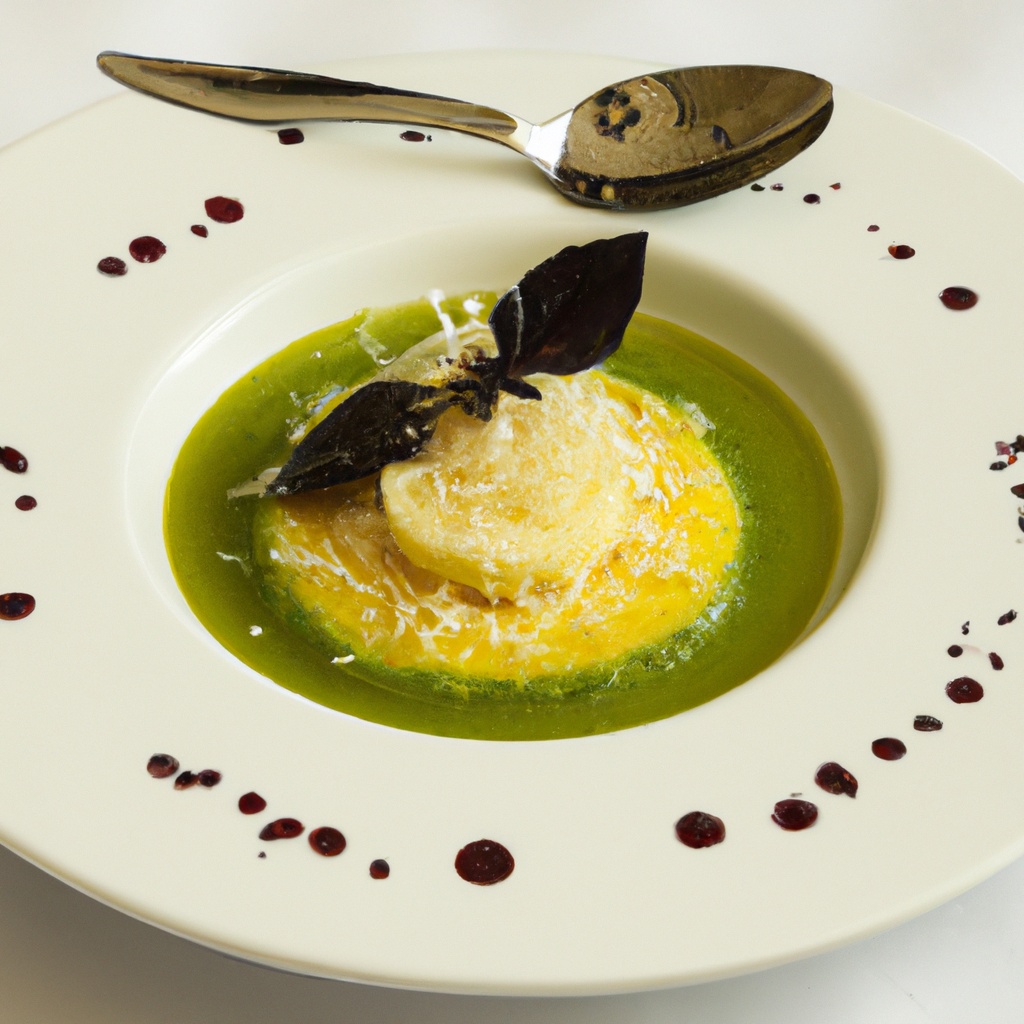PROS
Basil-Cheese Polenta is a versatile dish that can be enjoyed as a main course or a side.
It is a nutritious and filling vegetarian meal option that is budget-friendly and easy to make.
CONS
The texture of the polenta may not be to everyone’s liking and it requires constant attention and stirring while cooking.
It is high in calories, fat, and sodium, so it should be consumed in moderation as part of a balanced diet.
HEALTH & BENEFITS
Polenta is a good source of complex carbohydrates, dietary fiber, and protein.
It is also gluten-free, which makes it an excellent option for people with celiac disease or gluten intolerance.
The basil leaves in this recipe are a good source of vitamin K, essential for blood clotting, and have anti-inflammatory properties.



/rating_off.png)
Leave a Reply